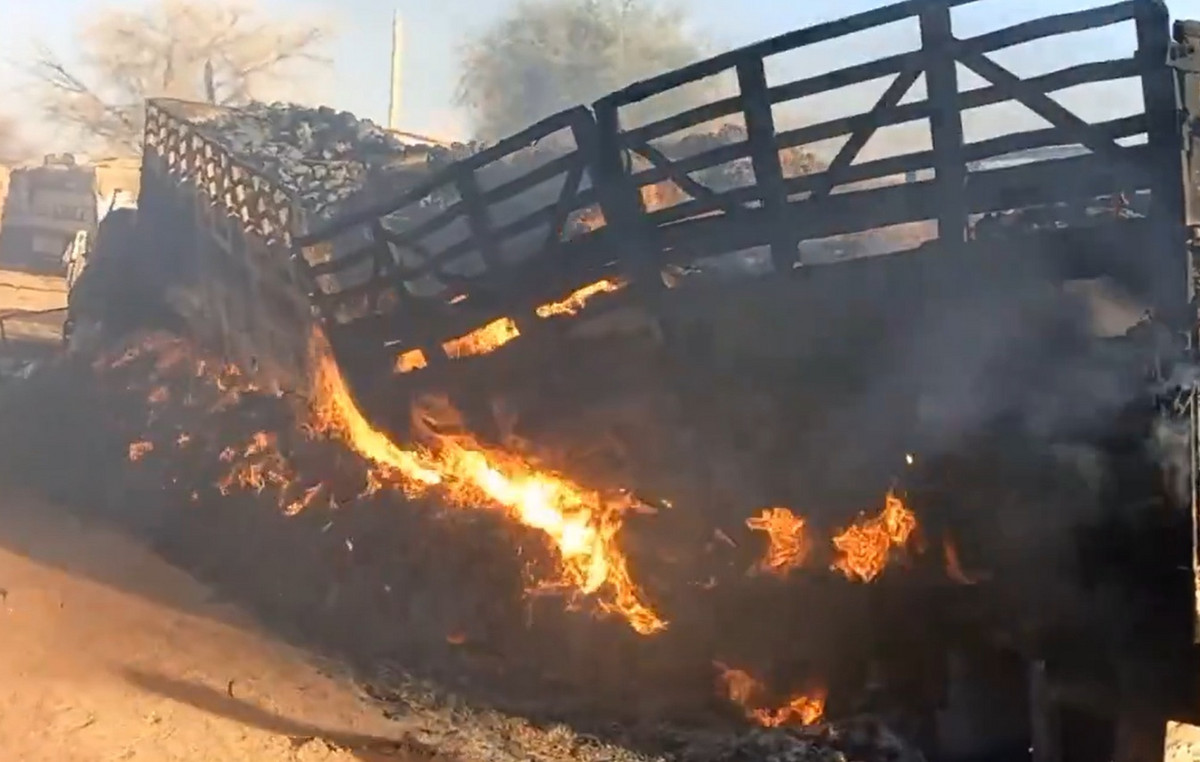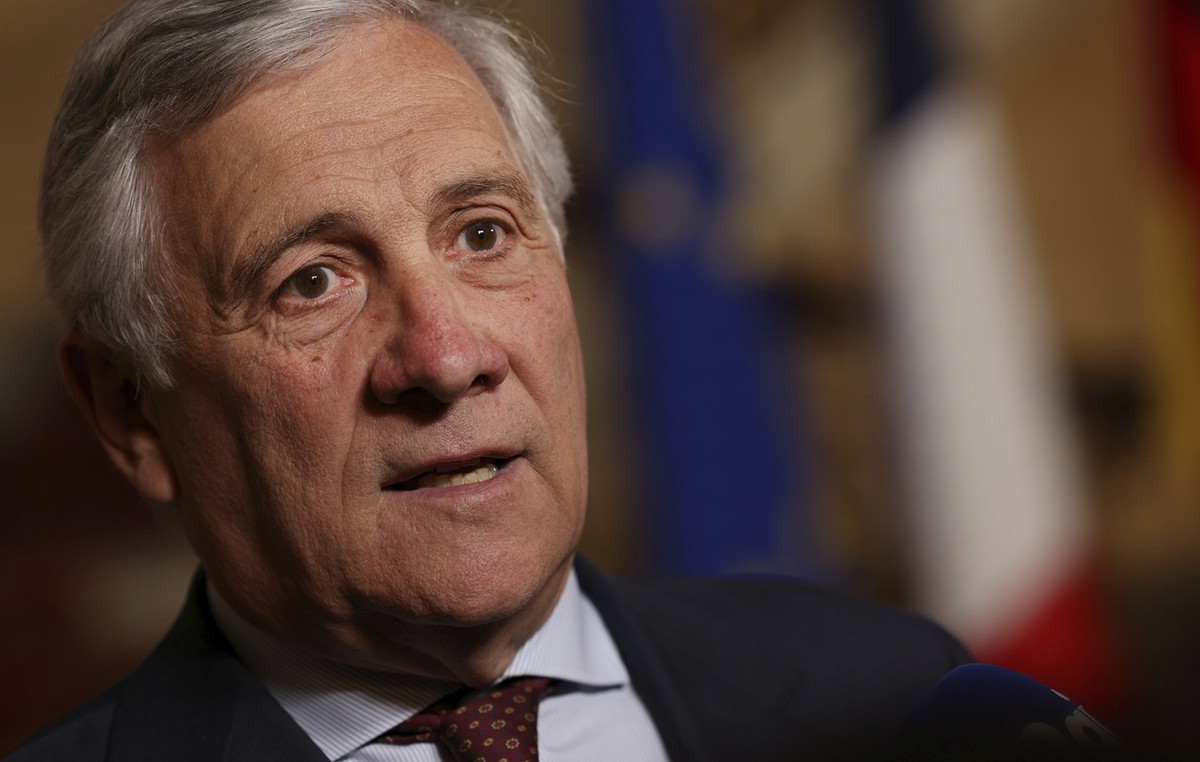By 2021, investors may have looked away from a possible military conflict in Ukraine. But as concerns about inflation mount and central bank support wanes, geopolitical tensions that could cripple the global economy are in the spotlight.
Global stocks surged on Tuesday after Russian President Vladimir Putin ordered Russian troops into two pro-Moscow breakaway regions in eastern Ukraine.
Countries like the United States are preparing to impose sanctions. Oil prices soared, with Brent oil futures, the global benchmark, topping $99 a barrel.
The unfolding crisis could set up another volatile trading day in the United States. The S&P 500 ended Friday (18) down more than 9% from its peak in January. If it hits the 10% threshold when the trade closes, it will enter a correction, which signals an unusually high degree of selling pressure.
While markets often look back on geopolitical conflict and find pricing difficult, this time is different. There are two main reasons.
1. The feeling has changed: The mood among investors turned grim last month as rising inflation heightened expectations on Wall Street that the Federal Reserve and other central banks would need to intervene more aggressively. If they sharply raise interest rates and start reducing the number of bonds on their balance sheets, it would eliminate the main source of market euphoria since the pandemic began.
A season of uneven earnings, which triggered dramatic pullbacks in stocks in household names like Facebook and Netflix, didn’t help.
“The equity markets were already coming out of the boil this year,” said David Madden, a market analyst at Equiti Capital. The prospect of an “eye for an eye” sanctions fight only deepens the loss of confidence, he added.
2. It can harm the economy: Russia is a major exporter of oil and gas. If the flow of energy is interrupted because of the conflict with Ukraine, it could weigh on the global recovery.
Germany, Europe’s largest economy, is particularly exposed. On Tuesday, the country announced that it had suspended certification of the controversial Nord Stream 2 pipeline following Moscow’s actions in eastern Ukraine.
Fears about dwindling oil and gas supplies, which are already pushing up global prices, could also spur inflation.
“The worst-case scenario would be oil rising to $110 or $120 as the jump in energy prices could trigger a global recession,” Madden said. “Economies are recovering from the post-pandemic boom, and the last thing they need is an energy jolt.”
JPMorgan strategists said in a note to clients on Tuesday that while Russia-Ukraine tensions are unlikely to hurt U.S. corporate earnings, a jump in energy prices “amid an aggressive central bank pivot focused on inflation could ease further investor sentiment and growth prospects.”
Russia is already paying a high price
Russian shares tumbled and the ruble neared a record low on Tuesday as investors reacted to Putin’s decision to order troops into eastern Ukraine.
Moscow’s MOEX stock index fell 4% on Tuesday after falling more than 10% on Monday, bringing losses so far this year to more than 20%. In total, more than $40 billion has been wiped out of the value of Russian stocks this week alone.
The ruble fell to 81 against the US dollar, its weakest level in more than a year and close to an all-time low.
The measures prompted Russia’s central bank to announce measures to support banks, including a provision that will allow them to use last Friday’s stock and bond prices when reporting their financial positions.
More pain may be on the way.
“We expect more short-term declines in the Russian stock market,” analysts at JPMorgan Chase wrote in a note to clients on Tuesday. The bank downgraded Russian stocks to “neutral” from “heavy”.
The damage to Russia’s markets and economy would be limited if its troops did not advance beyond the eastern parts of Ukraine that Putin recognized as independent on Monday, analysts said. But Russia would pay a higher price if further escalation causes the West to respond with punitive sanctions that could cut the country’s banks from the global financial system and make it harder to export oil and natural gas.
“The impact on Russia’s economy will largely depend on the response of Western governments,” analysts at Capital Economics wrote on Tuesday.
The most discussed sanctions could reduce Russia’s gross domestic product by 1%, they estimated, but more aggressive measures, such as blocking Russia from the global SWIFT payments system, could reduce economic output by 5%.
Source: CNN Brasil
I am Sophia william, author of World Stock Market. I have a degree in journalism from the University of Missouri and I have worked as a reporter for several news websites. I have a passion for writing and informing people about the latest news and events happening in the world. I strive to be accurate and unbiased in my reporting, and I hope to provide readers with valuable information that they can use to make informed decisions.







